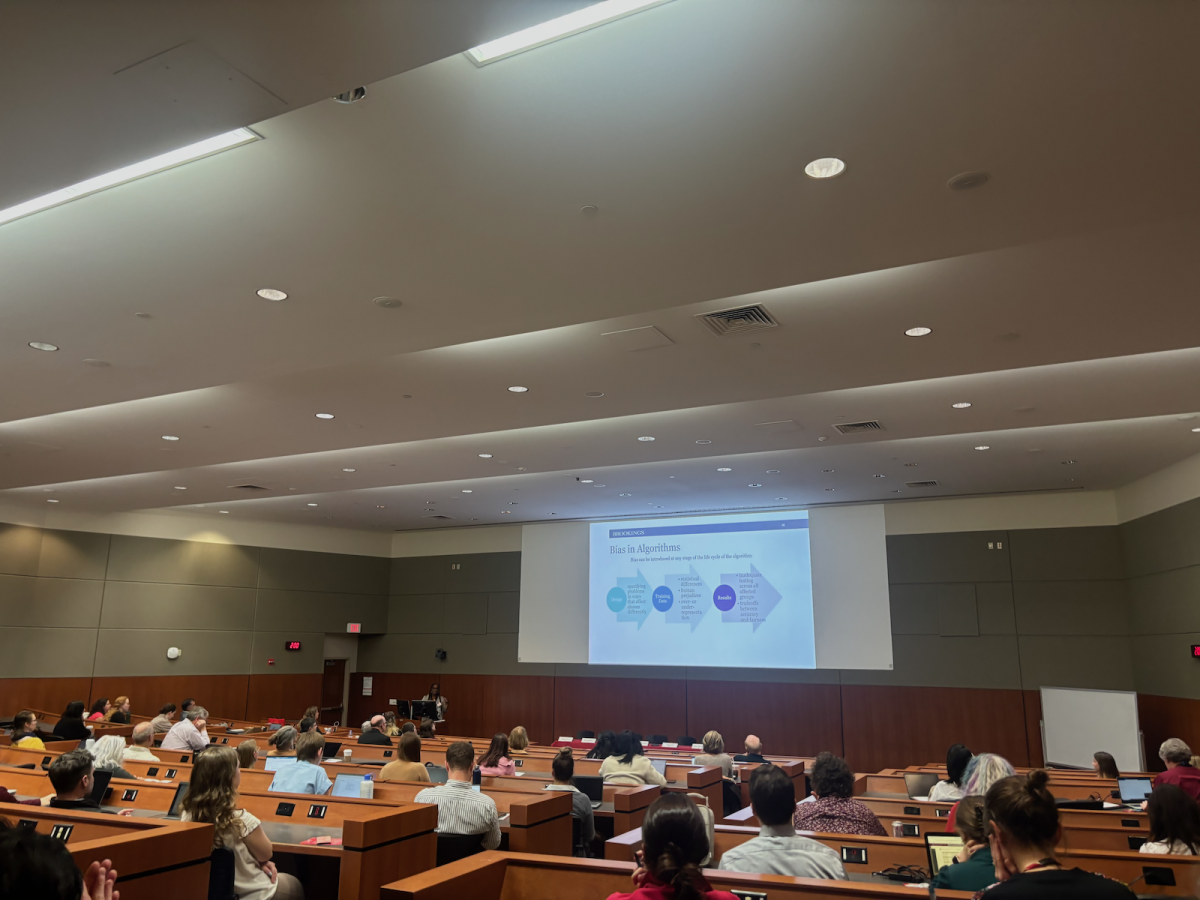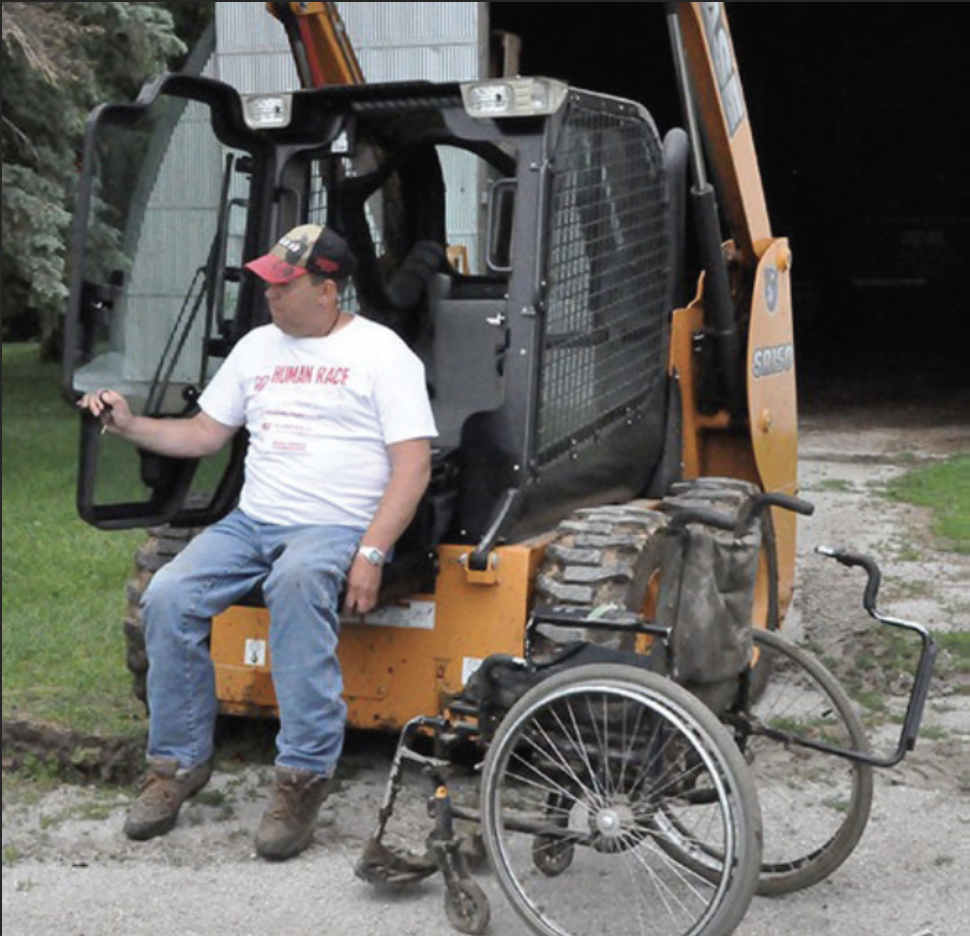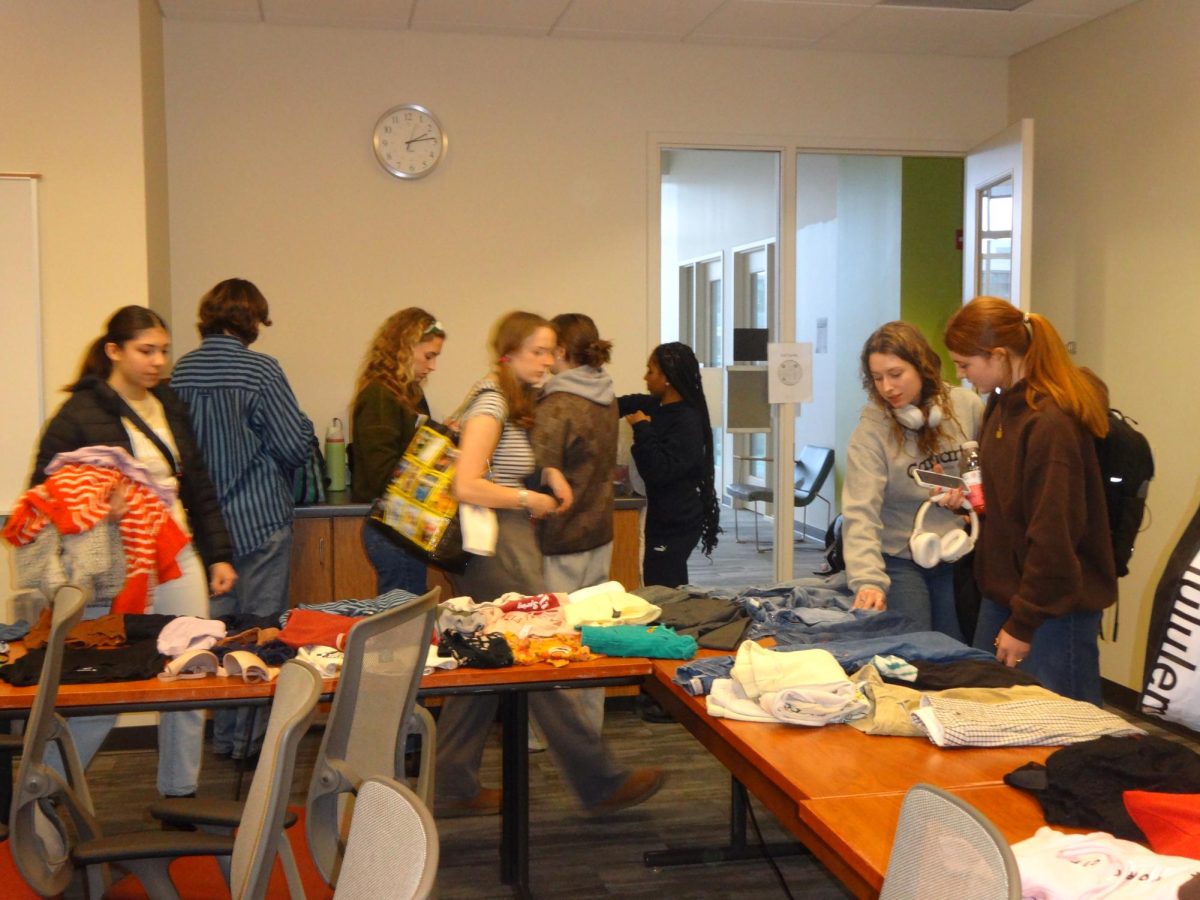BioLife Plasma opened a new plasma center in Madison Jan. 30, their first to be open in the city and 14th open in the state, according to the Wisconsin State Journal.
Plasma has been of particular interest for COVID-19 due to convalescent plasma, an effective treatment for patients in critical condition, according to the Mayo Clinic. The Mayo Clinic states the treatment involves giving patients hospitalized for COVID-19 plasma from individuals who have recovered from the virus. The plasma contains antibodies to the virus and can boost patients’ ability to fight it
As of now, BioLife has 25 centers that are accepting convalescent plasma donations across the country, but the Madison location is not among them, the Madison center’s manager Matt Waterman said. It is still a possibility in the future, as the FDA will officially license this clinic in four to six months, Waterman said.
Dr. William R. Hartman, an expert on convalescent plasma treatment for COVID-19 at University of Wisconsin Health, provided insight into the effectiveness of the treatment.
UW begins plasma transfusion treatments for COVID-19 patients
“In COVID patients who are kind of early in disease … within their first day or two of being in the hospital, if we give them plasma with [a] high concentration of antibodies, then there is a significant chance that we can prevent them from getting any sicker,” Hartman said. “And so we can keep them out of the ICU, we can keep them off the ventilators and hopefully move them out of the hospital much more quickly than before we had convalescent plasma.”
UW Health has played a substantial role in the development of this treatment. In fact, according to Hartman, the UW Health system was one of the first hospital networks that set up a convalescent plasma program with the National Consortium back in March. This plasma program was able to keep about 95% of patients out of the ICU when patients were transfused with the plasma on the first day patients were admitted, Hartman said.
Still, the treatment depends on the availability of plasma from individuals recovered from COVID-19.
Increased female representation in Wisconsin, national politics shows the future is female
“Right now, there is a shortage of plasma,” Hartman said in his interview with the Wisconsin State Journal.
Hartman said plasma shortages will flatten as cases in Wisconsin decrease. Hartman also noted that the number of cases in the Midwest and nationwide has surpassed the convalescent plasma supply.
When asked how COVID-19 patients were selected for transfusion, Hartman said they actually will do blood tests to see whether or not they can predict if a patient will be helped by convalescent plasma, which allows them to conserve their supply and give it to the people that would be helped the most.
While UW does not have a relationship with BioLife, students and faculty on campus are still encouraged to donate wherever is most convenient for them, Hartman said.
Melanie Oswald, a house fellow on campus, was able to give her experience donating plasma at Interstate Blood Bank, which currently accepts convalescent plasma donations. Oswald had COVID-19 in late October and currently has the antibodies.
“I’ve donated blood before … I do enjoy donating just because I know it does help people,” Oswald said. “And one of my friends has donated plasma, so she asked me one day, and I decided that I would actually try to do it.”
Oswald said that she was aware of the benefits of plasma just based on her own knowledge, but was not given any professional information from the plasma donation center itself. Overall, Oswald said her experience was seamless — the only thing she would change is that she would have donated her blood sooner had she known the information on the benefits of convalescent plasma.
BioLife opened the center to help with the demand of plasma to help patients who have other diseases unrelated to COVID-19, including those with immune deficiency, bleeding disorders and hereditary angioedema, Waterman said.
Waterman said anyone who is over 18 years old and at least 110 pounds is eligible to donate plasma. Those interested must set up an appointment and go through a health history questionnaire to ensure it is safe for them to donate.
Wisconsin GOP votes to repeal statewide mask mandate, Gov. Evers signs new Executive Order
Waterman said the process is simple and encouraged members of the UW community to donate since donors are eligible for compensation. He also said clinics go through vast COVID-19 protocols to make sure both donors and staff are protected.
After the plasma is collected, it is tested for several infectious diseases such as hepatitis and HIV, and once the results come back, the plasma goes to BioLife’s infraction plants to separate out the proteins in the plasma, Waterman said. Finally, Waterman said that the plasma is used to make different kinds of medicine.
Currently, the American Red Cross is taking convalescent plasma on campus. BioLife’s new clinic is located near East Towne Mall and is already taking appointments.















